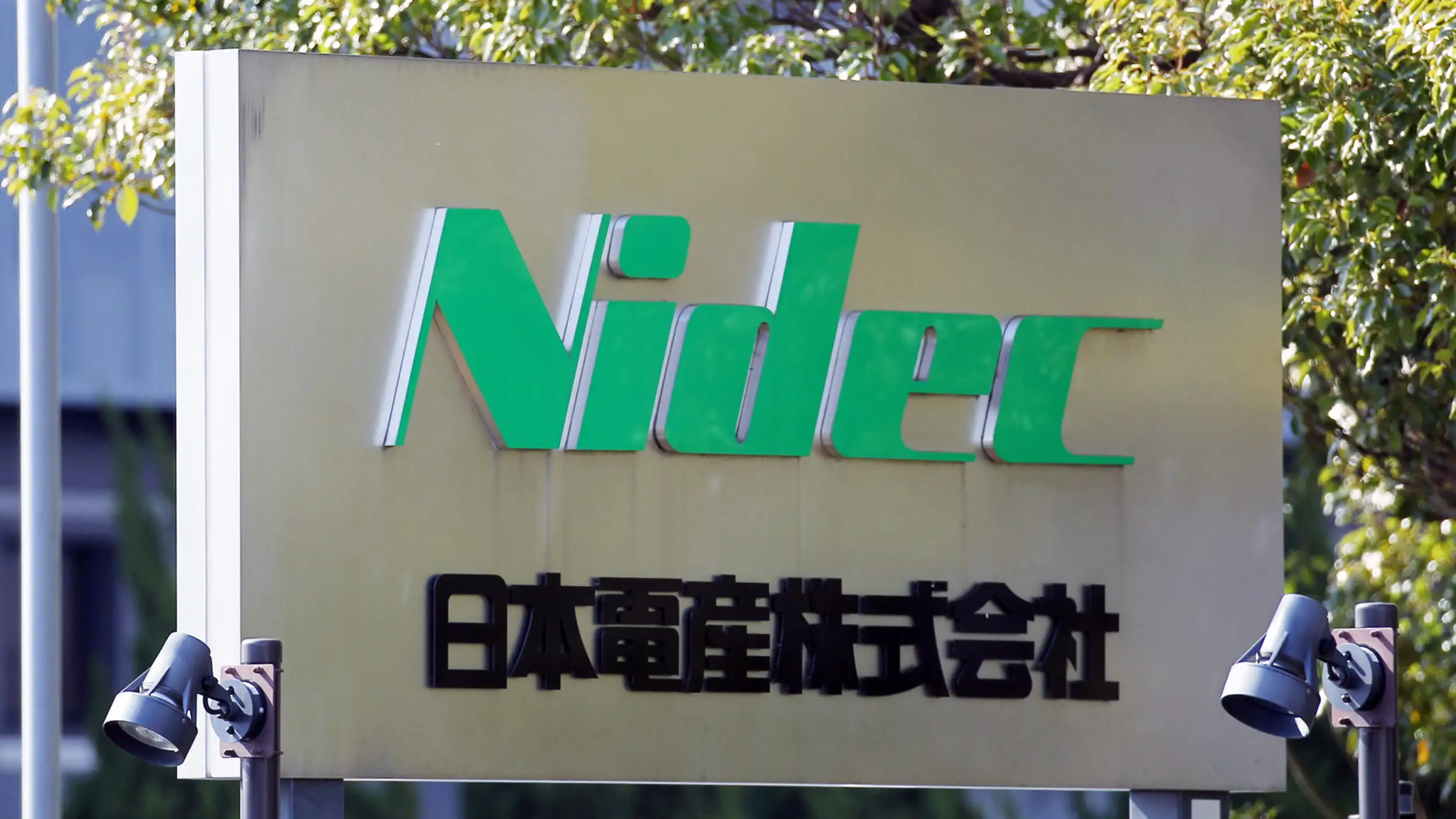On May 24th, Nidec announced that it will establish a flagship factory for producing pure electric vehicle motors E-Axle in Pinghu City, Zhejiang Province, China. The factory covers an area of 73,000 square meters and is expected to start production in October 2023. This is the seventh global factory of Nidec and the fifth in China.
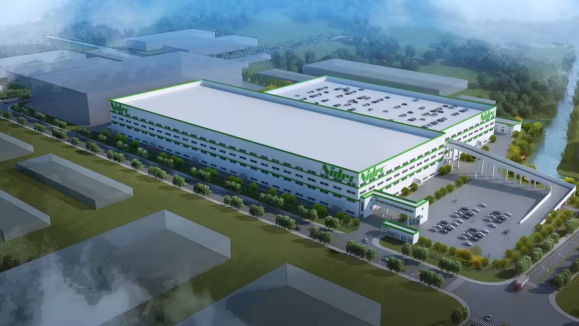
E-Axle is a three-in-one electric vehicle drive motor system developed by Nidec, which integrates motor, inverter, and reducer. It is widely used on models such as GAC Aion S, Aion LX, Aion V, JiKe 001, and Geely Geometry C.
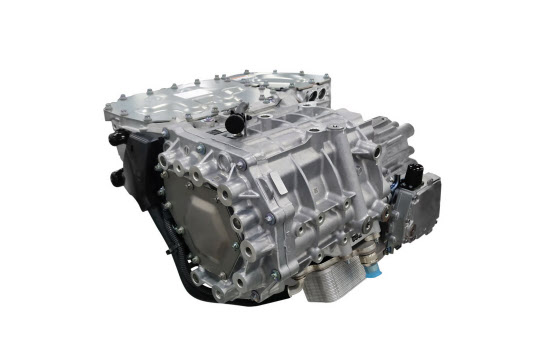
In addition to carrying out the production and assembly of E-Axle, the factory will also produce inverters, gears, and other electric motor parts. It will operate as a pure electric vehicle-specific integrated factory that integrates Nidec’s component business, with an expected annual production capacity of one million units. It will become Nidec’s largest component production center.
Earlier, Nidec stated that the fiscal year of 2026 ending in March would be the “watershed” for the explosive demand for electric vehicles. In order to achieve sales of 10 trillion yen by 2030, Nidec positions its electric vehicle motor for pure electric vehicles as one of the core businesses. The goal is to occupy a 40%-45% market share in the global motor market by 2030 and to cultivate the E-Axle series into a core product.
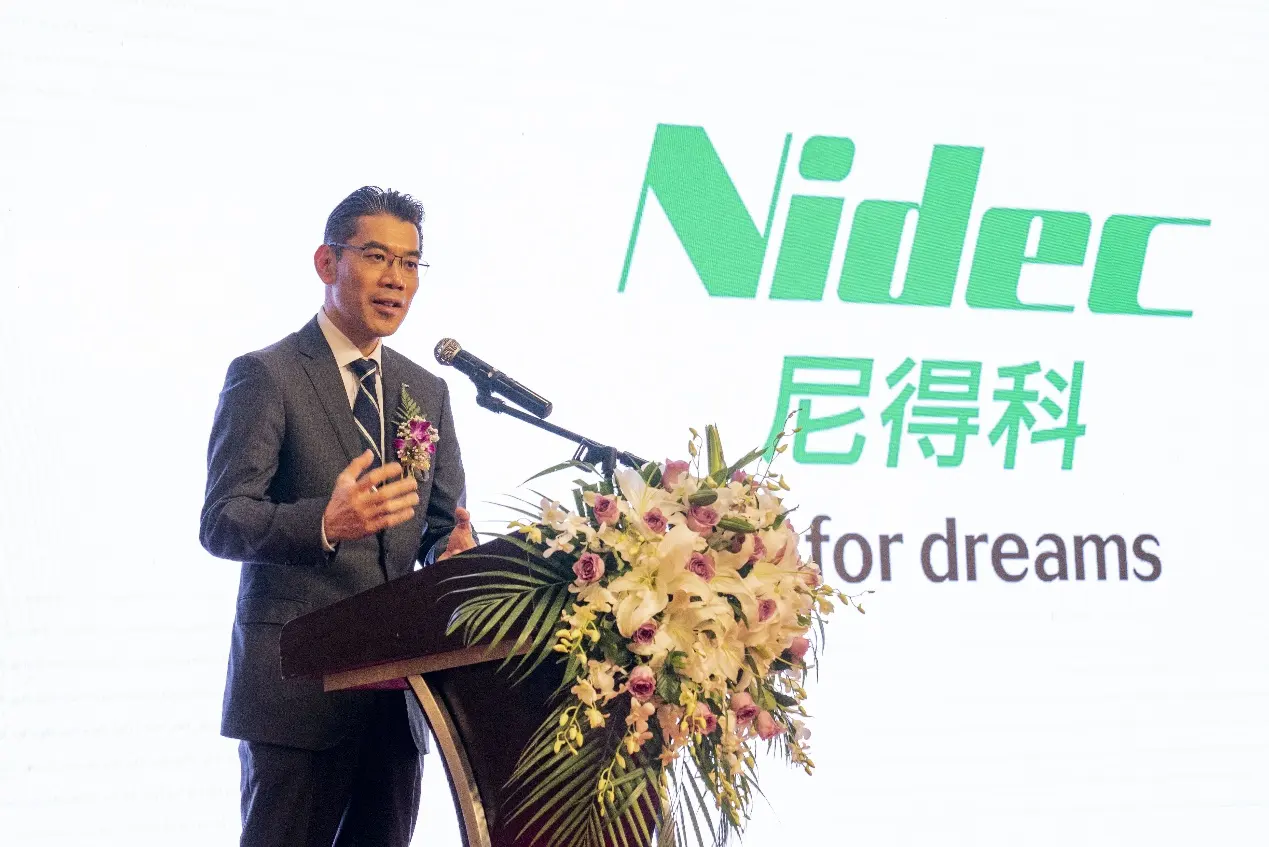
The electrification of the automobile industry is accelerating restructuring, and China, as the world’s largest new energy vehicle market, has been the top producer and seller for seven consecutive years. It has also attracted overseas new energy industry chain manufacturers to accelerate their layout in China.
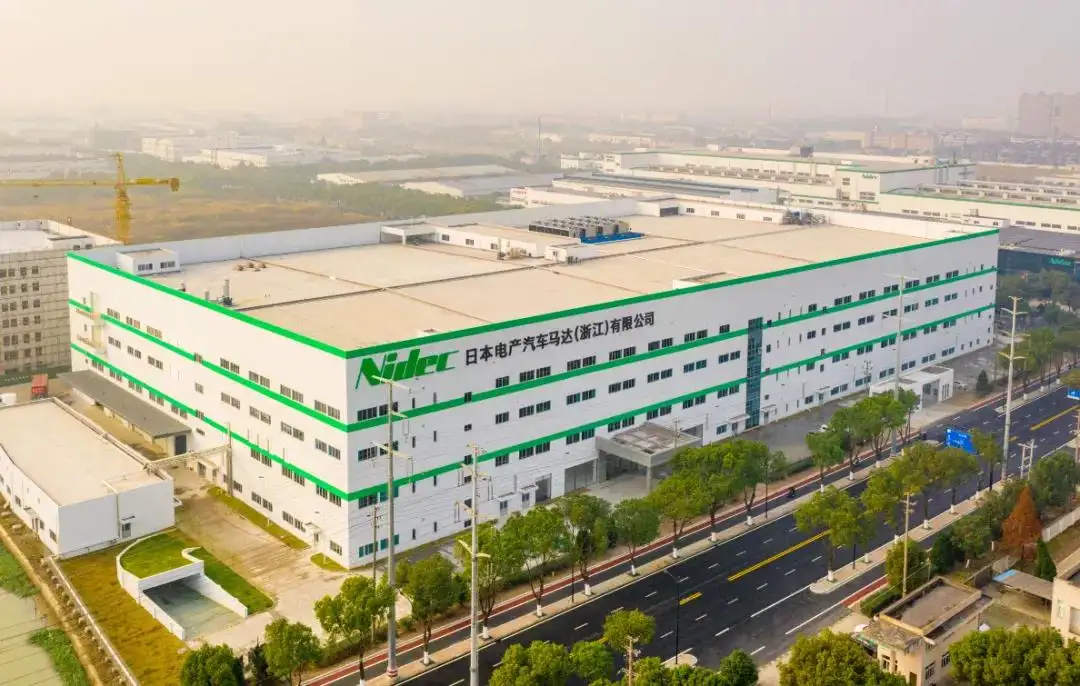 As a key component of electric vehicles, the motor directly affects the performance of the entire vehicle. According to analysis by the Prospective Industry Research Institute, the power system cost of pure electric vehicles accounts for approximately 50% of the total cost, with motor costs accounting for 13% of the power system cost and 6.5% of the total cost. It is expected that by 2026, the market scale of motors for pure electric vehicles, fuel cell vehicles, and hybrid vehicles in China will reach 27.6 billion yuan, 0.2 billion yuan, and 4.9 billion yuan respectively, with a total market size of 32.5 billion yuan for the electric vehicle motor industry. This is also one of the reasons why Japanese companies such as Denso are accelerating their factory construction in China.
As a key component of electric vehicles, the motor directly affects the performance of the entire vehicle. According to analysis by the Prospective Industry Research Institute, the power system cost of pure electric vehicles accounts for approximately 50% of the total cost, with motor costs accounting for 13% of the power system cost and 6.5% of the total cost. It is expected that by 2026, the market scale of motors for pure electric vehicles, fuel cell vehicles, and hybrid vehicles in China will reach 27.6 billion yuan, 0.2 billion yuan, and 4.9 billion yuan respectively, with a total market size of 32.5 billion yuan for the electric vehicle motor industry. This is also one of the reasons why Japanese companies such as Denso are accelerating their factory construction in China.
This article is a translation by ChatGPT of a Chinese report from 42HOW. If you have any questions about it, please email bd@42how.com.
